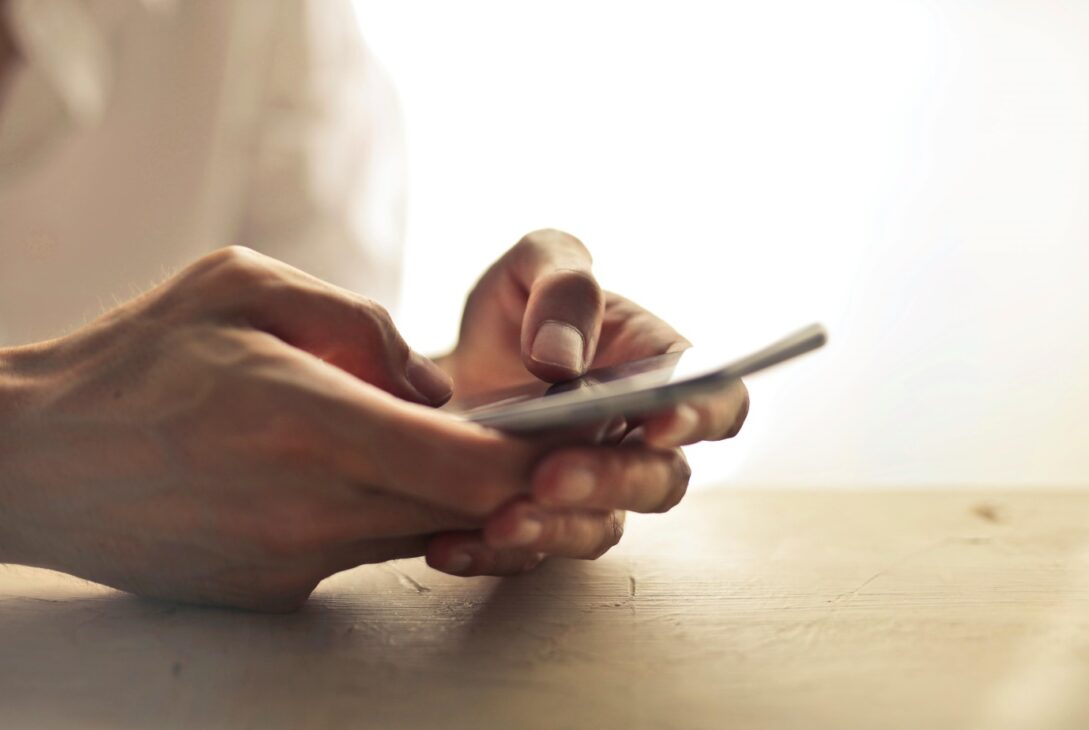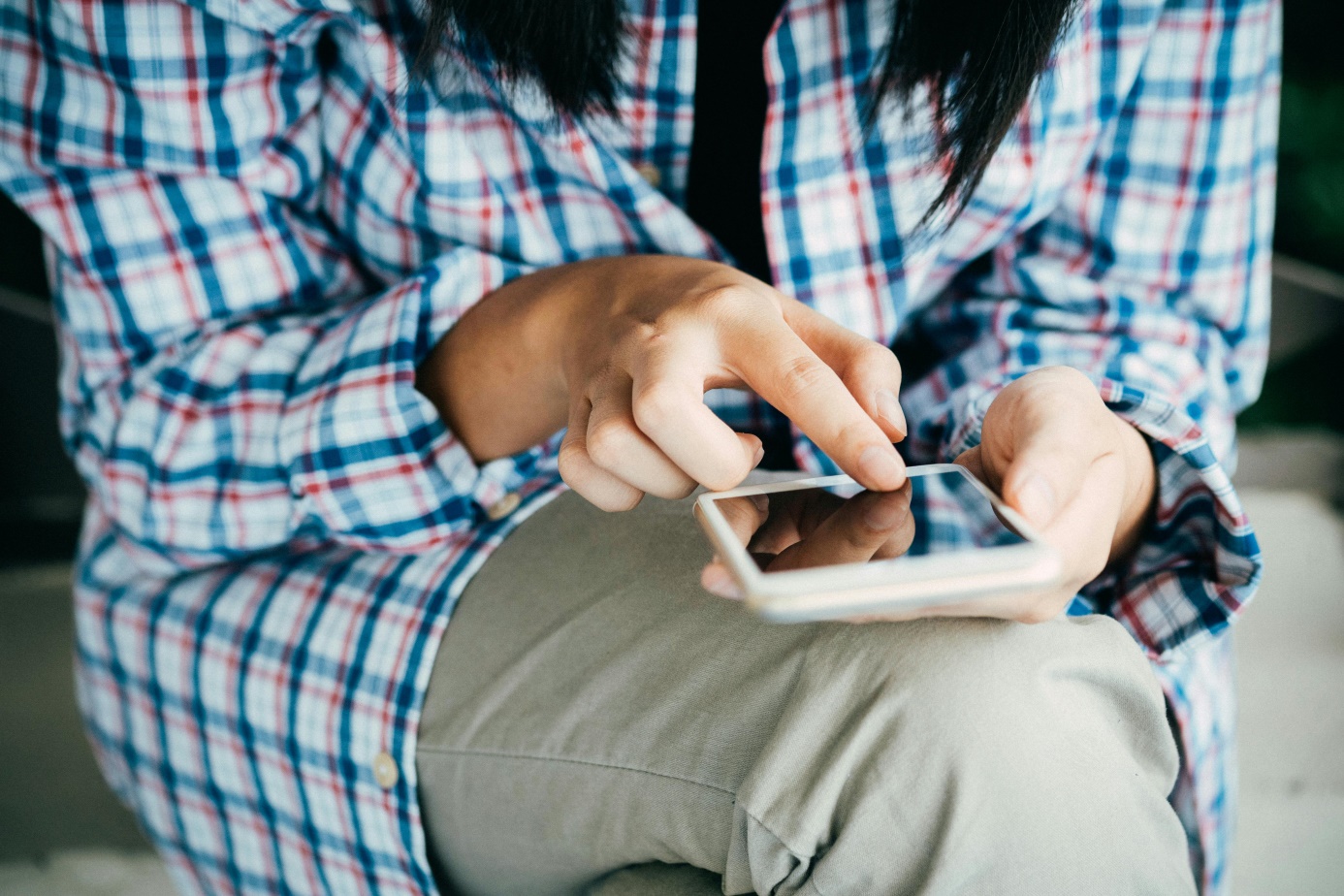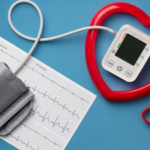In today’s world, constant exposure to screens has put a strain on people’s mental health. These new challenges have altered how we view mental health and how we must address the demands of an increasingly digitized world.
What is a digital detox?
A digital detox is a temporary break from screen-based technologies, like smartphones, tablets, and computers, to reduce stress, improve focus, and reset digital habits.
The digital wellness awakening in 2025
While digital connectivity has brought a hugely beneficial amount of access to information, convenience, and even community, the cost is becoming increasingly clear: Anxiety, poor sleep, burnout, and disconnection from the present moment.
Gen Zers, on average, are more likely than other generations to cite negative feelings about social media. They are also more likely to report having poor mental health.
Reasons for a digital detox
In 2025, the concept of a digital detox has evolved from a trendy wellness buzzword to an essential part of psychological well-being.
There are many reasons why you might want to give up your mobile phone and other devices for a brief time. You might want to enjoy time to yourself without the interference that your phone and other devices create.
In other cases, you might feel like your device use has become excessive and is adding too much stress to your life.
In some situations, you might even feel like you are addicted to your devices.
Your body and mind often give early warning signs when your tech use is out of control:
- Nomophobia: Anxiety when separated from your phone (affects 66% of adults).
- Emotional Irritability: Frustration, overwhelm, or withdrawal from real-life relationships.
- Tech Neck: Pain or tension in your neck from looking down at devices.
- Eye Strain: Reduced blinking causes dryness and fatigue.
- Phantom Vibrations: Feeling notifications that aren’t real as your nervous system is in overdrive.
These symptoms aren’t flaws in discipline, they’re natural responses to overstimulation that fortunately you can overcome.
What are the benefits of a digital detox?
- Reducing stress.
- Improving sleep habits and focus.
- Helps maintain work-life balance.
- Allows for a more positive life perspective.
- Removing distractions.
- Reconnection time with loved ones.
- Eliminating micro-stressors.
- Boosted creativity and problem-solving skills.
- Strengthened memory and learning performance.
How to do a digital detox?
The first step to doing a digital detox is getting clear on the role technology and media play in your life.
To begin, ask yourself the following questions:
- How long do I spend using an electronic device or watching a screen each day?
You can get an idea of the average amount of time you use your phone or device throughout the week with screen-time tracking functions. If you use your devices for work, take a look at the time breakdowns by app to separate out work from leisure time.
- How is technology making me feel?
Which parts of technology, screen time, and social media use are okay and feel positive?
What leaves you feeling worse than before ( For example: Feeling guilty, depressed, stressed, tired…)?
- Am I experiencing any problems from media and technology use? Not getting enough sleep, missing out on important moments or activities, relationship problems, procrastinating on important tasks, comparing yourself to others, health problems, or neglecting self-care are some common examples of problems you might be experiencing as a result of your digital habits.
- What matters most to me in terms of my priorities and values in life?
Are your technology habits aligned with these priorities? Take a step back and evaluate whether your tech habits are helping or hindering what you value most.
→ After going through the above questions, you should have a good idea of what behaviours around technology use you want to change. Then, it’s time to set a digital detox goal.
→ Examples of digital detox goals:
- I should reduce evening screen time before bedtime to improve my sleep quality.
- To improve my focus and productivity over the next 3 months, I’ll leave my phone in another room when I’m working or studying.
- When I’m with another person over the next 2 weeks, I’ll leave my phone on silent and in my pocket so it doesn’t distract me from our conversation.
Strategies to not unplug completely (partial digital detox)
- Schedule time away from screens throughout the day:
For people working at a computer, it’s hard for them to avoid screens, which means it’s all the more important to prioritize breaking away. They should set up time in their calendar or with an alarm on their phone to remind them to go for a walk or to eat lunch away from their desk while leaving their phones behind. - Downgrade your phone:
If you’re having trouble staying present, eliminate the distractions by replacing your smartphone with a simple cell phone that cannot support apps. - Turn off your phone at a specific time:
Try powering down before dinner and until the next morning. You can enable do-not-disturb settings that can silence alerts, notifications, and calls. It’s a good idea to take advantage of the tools that are built into your devices. - Adjust your phone settings to limit certain apps:
In their phone’s settings, Apple iPhone users specifically can set limits with screen time, which also enables them to schedule downtime, when only phone calls or specific apps are allowed, and specify that apps have a time limit. People who didn’t use these features were more likely to experience problematic smartphone use and worse well-being than those who did use them. - Create no-phone areas:
It’s undeniable that setting limits on certain apps doesn’t always work. Instead, remove yourself from device use completely. Banning phones and screens from the bedroom, for instance, can keep screens from interfering with your sleep and rest time. And if you have to go into a different room or part of your home to use a device, it may deter you from mindlessly scrolling, that’s for sure! - Consider reaching out to a mental health professional (sometimes we should depend on other people for help):
We are all using technology constantly, and therefore, it can be hard to always know the difference between having a problem or not; It’s confusing to be honest. If your behaviors with or feelings regarding technology or certain apps and sites begin to interfere with your daily functioning, it may be time to seek professional help; It’s not something to be ashamed of. If you find yourself dealing with anxiety or depression, it’s literally the time to talk to someone.
What happens when you unplug?

Most people feel the benefits of reduced screen time in just 24–48 hours:
- Better sleep: Blue light disrupts Melatonin; Cutting screens restores natural rhythms.
- Sharper focus: Attention becomes sustainable again.
- Lower anxiety: Reduced digital input calms the nervous system.
- Increased creativity: Boredom allows for insight, problem-solving, and imagination.
- More productivity: Less task-switching means more output in less time.
- And more…
The science behind digital breaks and brain health
Our brains are flexible enough to adapt to information technologies, but are also highly susceptible to fatigue, overload, and, ultimately, inefficiency. The constant state of alertness keeps the body and mind in ‘’fight or flight’’ mode. To preserve both cognitive and emotional integrity, controlled digital breaks are essential.
- Emotional balance: A calmer, less anxious mood.
- Deeper social relations: Genuine conversations and face-to-face connections.
- Cognitive strength: Improved focus, sharper memory, faster learning.
- Physical well-being: Better sleep quality and reduced eye strain.
Small actions, big impact!
In 2025’s digital world, mastering mindful digital detox habits turns tech from exhausting to empowering. These small acts of kindness to your brain that ripple into better mood, focus, and rest.
Starting today, you can reclaim mental calm, one mindful moment at a time.
References and further readings
- https://blog.routledge.com/social-sciences/top-digital-detox-trends-in-2025-backed-by-psychology/
- https://www.mckinsey.com/mhi/our-insights/gen-z-mental-health-the-impact-of-tech-and-social-media
- https://www.child-focus.org/news/how-technology-has-altered-and-brought-awareness-to-mental-health/#:~:text=In%20today’s%20digital%20age%2C%20technology,prioritize%20their%20mental%20well%2Dbeing.
- https://www.verywellmind.com/why-and-how-to-do-a-digital-detox-4771321
- https://freedom.to/blog/digital-detox-in-2025/
- https://www.everydayhealth.com/emotional-health/how-to-do-a-digital-detox-without-unplugging-completely/
- https://toolkit.lifeline.org.au/articles/techniques/how-to-do-a-digital-detox
- https://www.chivasom.com/en/blogs-and-news/unplugging-for-wellness-the-digital-detox-experience/
- https://www.wovetherapy.com/blog/digital-detoxing-can-help-reclaim-your-mental-wellness
- https://www.beynex.com/blogs/how-does-digital-detox-contribute-to-brain-health
- https://thebraindocs.com/digital-detoxification-for-brain-health/
- https://www.mdpi.com/2077-0383/14/5/1557
Author Bio :
Douaa is the founder of Douaa Writes and a dedicated mental health blog post copywriter. She crafts long-form content for wellness companies, therapy platforms/apps…to support their business goals. Her passion for psychology and research helps brands and readers feel truly seen, supported and empowered.
E-mail : contact.douaawrites@gmail.com
Website : https://orizydouaa.wixsite.com/douaawrites
LinkedIn: www.linkedin.com/in/douaa-orizy-98212a29b










